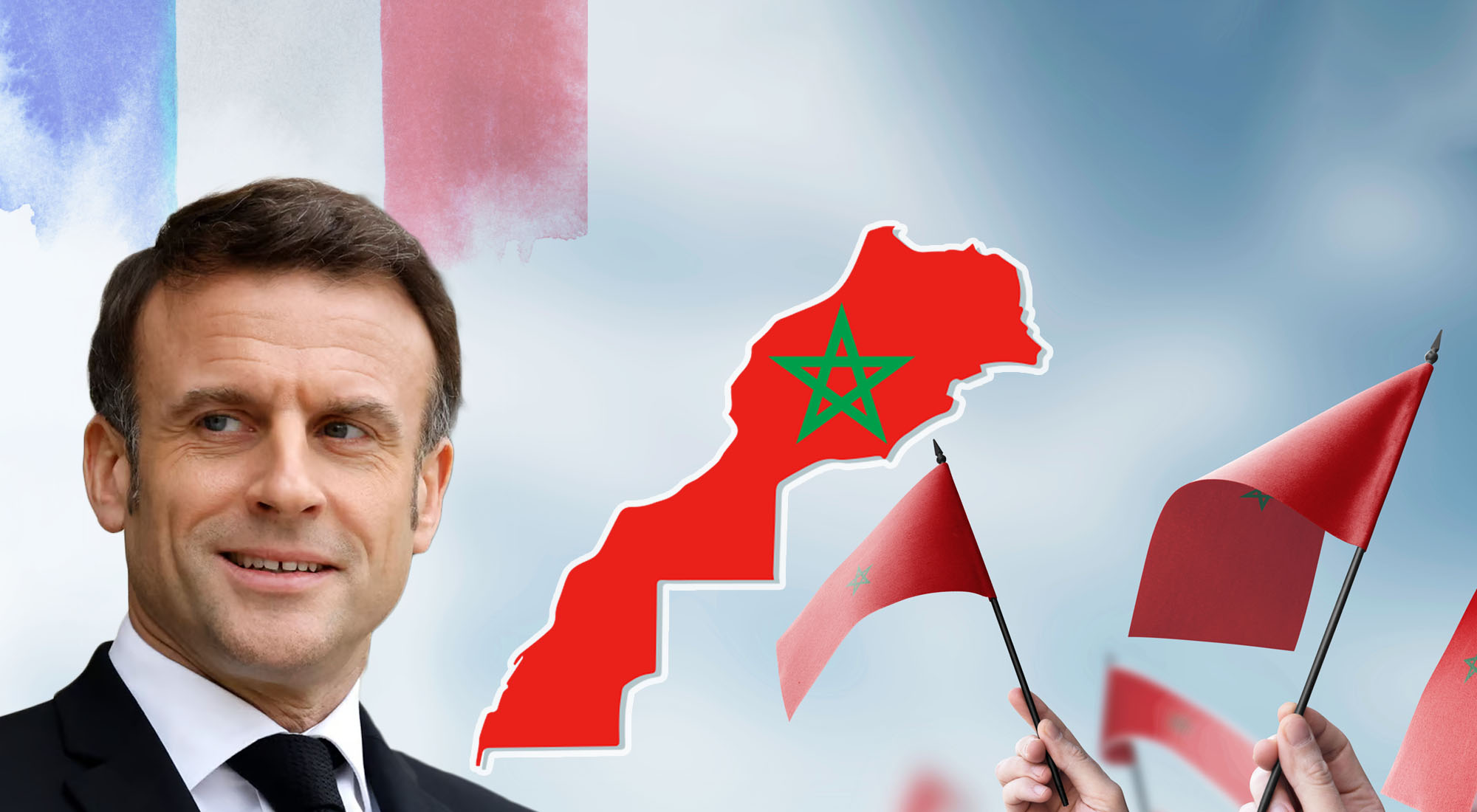A recent insight by TRENDS Research and Advisory provides an in-depth analysis of the implications of French recognition of Moroccan sovereignty over Western Sahara. This recognition has led to strained relations with Algeria, which decided to withdraw its ambassador from Paris, despite media reports that Paris had informed Algeria in advance of its decision.
The insight, titled “French Recognition of Moroccan Sovereignty over Western Sahara: An Analysis of Motivations and Implications,” authored by Mohammed Salem Al-Salmi, Senior Researcher and Head of Research Sector at TRENDS, highlights that the recent development has significantly strained Algerian-French relations, while opening unlimited prospects for strengthening ties with Morocco. As for the so-called “Sahrawi Arab Democratic Republic,” the Polisario Front has excluded France from any initiative aimed at ending colonialism in the Western Sahara.
Strategic Interests
On the other hand, the insight notes that French-Moroccan relations are strategic and multidimensional. The recent French recognition of Moroccan sovereignty has elevated bilateral relations to unprecedented levels of cooperation, which will benefit France in reorganizing its strategic interests and addressing many challenges in the region, particularly in relation to counterterrorism and illegal immigration. Despite the costly opportunities for France to mend the rift with Algeria caused by this recognition, such opportunities remain viable.
French Gains
Regarding the French motivations for recognizing Moroccan sovereignty over Western Sahara, the insight attributes these to a reassessment of strategies aimed at enhancing bilateral relations with Morocco, a strategic ally in security and economic cooperation. This recognition could potentially yield significant gains for France in investment, energy, and regional security.
The insight adds that France views the recognition of Moroccan sovereignty as a step towards achieving stability in the Western Sahara region, which has been embroiled in a prolonged conflict. Supporting Moroccan sovereignty could help promote stability and economic growth in the region, with positive effects on counter-terrorism efforts, given Morocco’s crucial role in combating terrorism and illegal immigration in North Africa.
Economic Interests
The insight explains that French recognition may be driven by economic interests, as Morocco is a key economic partner for France in North Africa. Recognizing Moroccan sovereignty could enhance cooperation opportunities in areas such as trade, energy, and investment, granting France potential exclusive and early advantages in the region. France has substantial investments in Morocco, and the recognition of Moroccan sovereignty may be part of efforts to protect and strengthen these investments.

A Recent Insight by TRENDS Examines the Implications of French Recognition of Moroccan Sovereignty over Western Sahara
04 Aug 2024


